Roots is linked to chef and restaurateur Tommy Banks, who made his reputation at The Black Swan in Oldstead. Roots opened in 2018 in the centre of York in what used to be a 19th century pub called The Bay Horse. Roots gained a Michelin star in 2021 under the leadership of head chef Will Lockwood, who was formerly worked at the Black Swan since 2014. Tasting menus were offered at £95 or £145, with pescatarian and vegetarian versions available, but £165 at weekends. The restaurant could serve up to 42 covers, and was pretty much full at this service. The dining room looked into the open kitchen.
The wine list had 134 labels and ranged in price from £39 to £565, with a median price of £105 and an average markup to retail price of 3.2 times, which is a London level of pricing. Sample references were Phillippe Guerin Muscadet Abstraction Number 1 2022 at £39 for a bottle that you can find in the high street for £13, Seifried Riesling 2023 at £62 compared to its retail price of £16, and Lukas van Leggerenberg Geronimo 2020 at £80 for a wine that will set you back £25 in the high street. For those with the means, there was Salus Staglin Cabernet Sauvignon 2019 at £240 compared to its retail price of £103, and Sadie Family Palladius 2016 at £275 for a wine whose current market value is £130. The list was unusually varied in terms of country coverage: if you want an Israeli Chardonnay, a Chinese Cabernet or a Moroccan Syrah then this list has you covered.
An initial canapé was lamb broth made from lamb bones, chopped chives, onion and pickled hen of the woods mushroom, along with diced salami, fermented celeriac and chopped chives. This was good, the stock having plenty of flavour, the herbs fresh and the sharpness of the pickled mushroom cutting through the richness (15/20). Beef toast was a beef custard flavoured with horseradish creme fraiche, covered with beef tartare made from a rib cap cut, the beef supplied by the R and J Butchers cooperative in Nidderdale. This was dressed with chill ferment, coal oil and fermented carrot, then topped with shaved smoked ox heart. This was a touch salty but had very good flavour (16/20).
Bream was cured and served with pickled turnip, elderflower vinegar, brine of mushroom and smoked scallop roe, turnip dashi jelly, and fennel pollen split with lemon verbena oil. The turnip worked quite well, the pickling juices providing some useful sharpness. This was a perfectly pleasant dish, but it was hard to get excited about (14/20). Sourdough bread appeared at this point, served warm, and it had very good texture.
Asparagus from Helperby in north Yorkshire was barbecued and dressed in wild garlic butter, the thinner stems made into a puree, and served with roasted hazelnuts in fermented mushroom and black squash miso, the dish dressed with wild garlic leaves and a sauce of aged Killeen Irish goat cheese. The asparagus was good, and I liked the textural contrast from the nuts, while the cheese sauce was mild enough not to overwhelm the asparagus (16/20).
An optional scallop course was offered at a fairly fierce £30 supplement. The Stornaway scallop was roasted and served with a caramelised celeriac purée and a barbecued disc of salt-baked celeriac, with a sabayon of fermented celeriac juice. The plump scallop had good natural sweetness, and the celeriac worked well with it. I’m not quite sure why we had celeriac, a winter vegetable, in May, but it is a vegetable that I am fond of, with a distinctive earthy flavour. This was a good dish, as it should be given its price tag (16/20).
Turbot fillet was roasted in butter, the fillet from a medium-sized 3.5 kg fish. This came with a mussel and parsley sauce seasoned with dried lemon verbena, caramelised cauliflower purée, and pickled parsley stems pickled in elderflower vinegar. The fish was carefully cooked and had good flavour, nicely enriched by the butter, while the earthy flavour of the cauliflower provided balance (16/20).
Saddle of lamb was seared in a black garlic butter, with a sauce seasoned with herbs and lamb fat, along with sheep yoghurt with wild garlic powder. There was also a lamb faggot using the lamb offal, and on the side a fermented potato flatbread with barbecued lamb belly. The sauce was a lovage emulsion with chilli and rhubarb ketchup. The best element of the dish was the faggot, which had excellent deep flavour. The saddle of lamb was nicely cooked, though the yoghurt didn’t add much for me. The dish could have done with something to balance the richness, such as a green vegetable or something sharp. The side dish of flatbread was poor, having an almost cardboard-like texture, though the lamb with it was fine. This side element could be usefully discarded. Overall 15/20.
A rhubarb dessert featured rosemary hay, rosemary crumb, poached rhubarb, rhubarb sorbet, hay-infused cream, rhubarb juice and root oil. The rhubarb itself was very good, and the sorbet was silky smooth, while the crumb provided a contrasting texture (14/20). Peas were reduced to a liquid and combined with sweet cream, white chocolate and beetroot miso, along with caramelised white chocolate topped with pine cone syrup and Douglas fir. This was harmless enough, and the Douglas fir was reasonably subdued, but this was a fairly odd combination of flavours (13/20).
Elderflower tart, served warm, was essentially a treacle tart with elderflower, honey shrub and vinegar, with breadcrumbs of brioche and sourdough with honey, and almond sable biscuit with almond and hazelnut crumble. The dish was finished with crème fraiche flavoured with woodruff. This was quite pleasant, the crumble having good texture and the touch of vinegar cutting through the richness of the treacle (14/20). The coffee supplier was Lonton Coffee in Barnard Castle, and the coffee was good, with pleasant acidity and without any trace of bitterness.
Service was generally good, though topping up of wine could have been more prompt at times. Dishes arrived at a somewhat leisurely pace, so the meal took almost exactly four hours. One strange thing was that, part way through the meal, a distinct smell of drains wafted through the dining room. Our waitress acknowledged this and said they were aware of it as a recurring problem, so hopefully it will be fixed soon, but it was rather off-putting. I recall a meal at Ultraviolet in Shanghai where they sprayed a scented mist into the room for certain courses, such as a sea spray scent for a seafood course and a woodland scent for a mushroom course. This was, well, it was not like that.
The bill was not insubstantial at £734 for two, so £367 per person. Of this, the food element was £165 plus a £30 supplement for the scallop dish, so £195 for the tasting menu and the optional dish. This is premium pricing for a one-star restaurant, even if it was located in Mayfair in London, never mind York. By comparison, the extensive Dysart tasting menu, which uses impeccable luxury ingredients, is priced at £155 currently, while the prestige menu at Petrus is £150 at the time of writing, and that’s in the hardly cheap environs of Knightsbridge. Overall, the experience at Roots was, drainage smell aside, quite good, but it was an awful lot of money for what appeared on the plate.















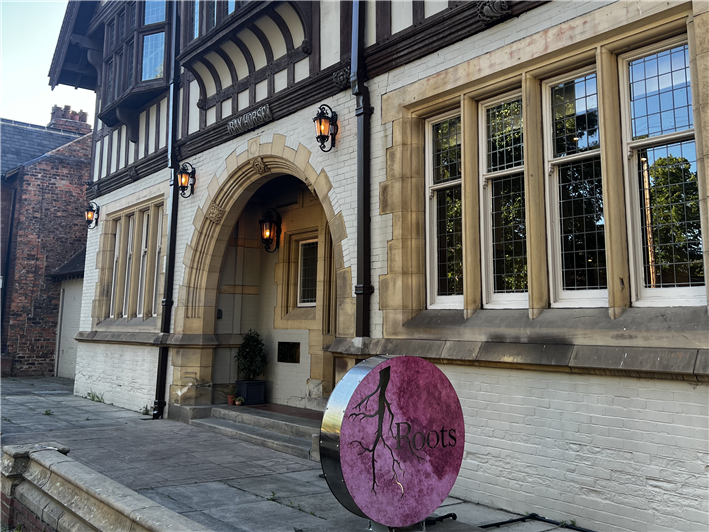

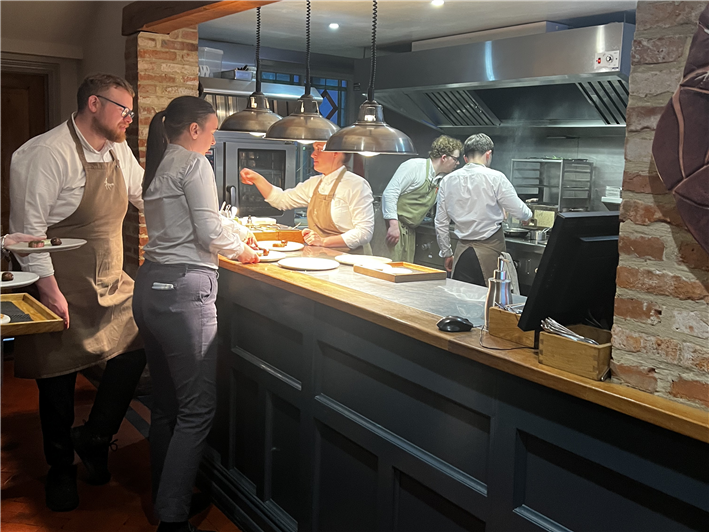
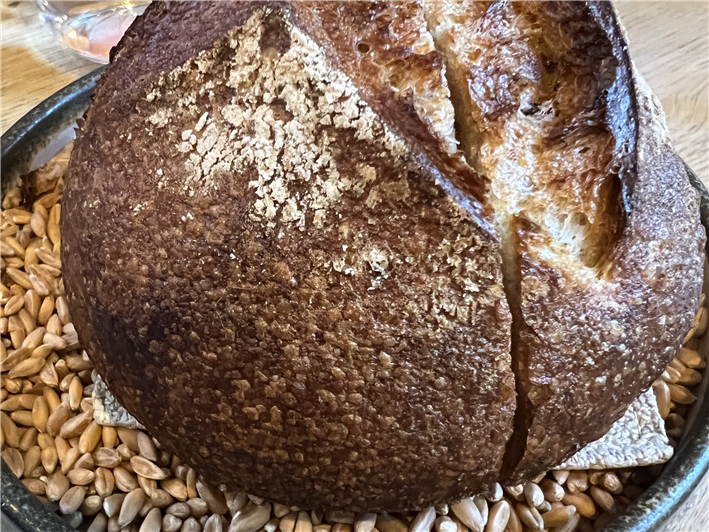
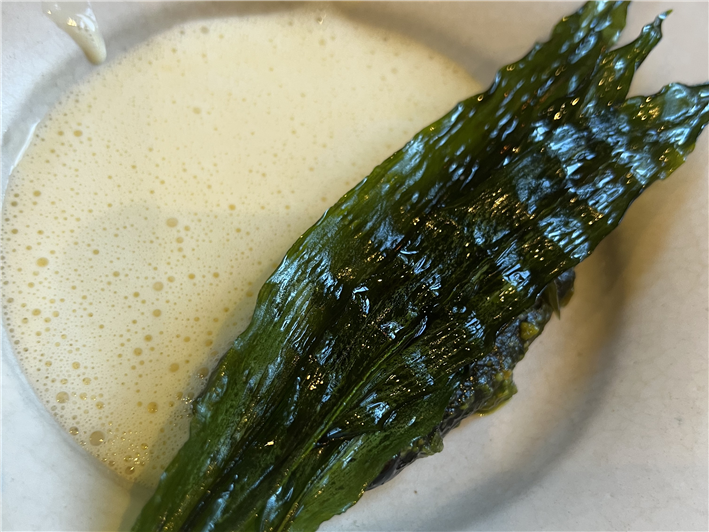
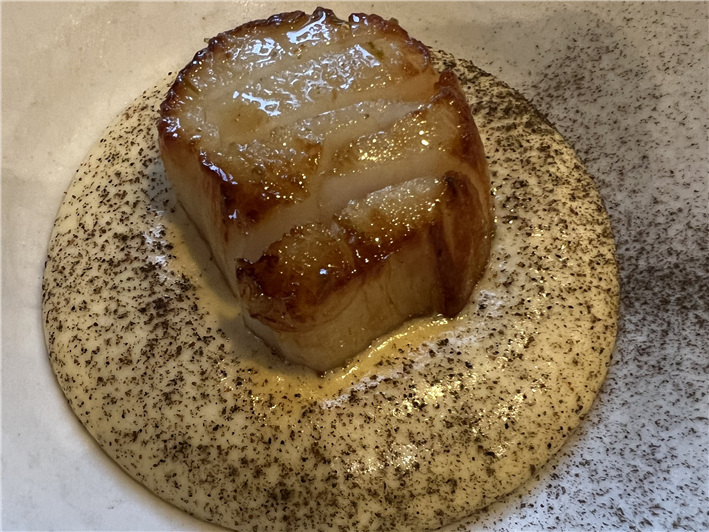
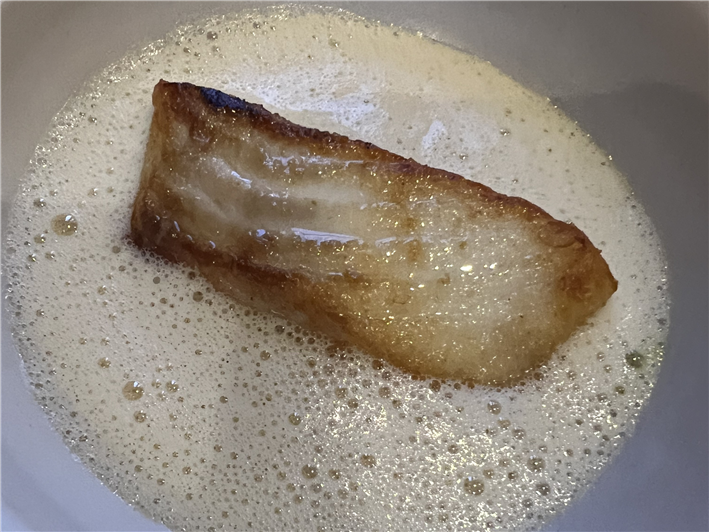

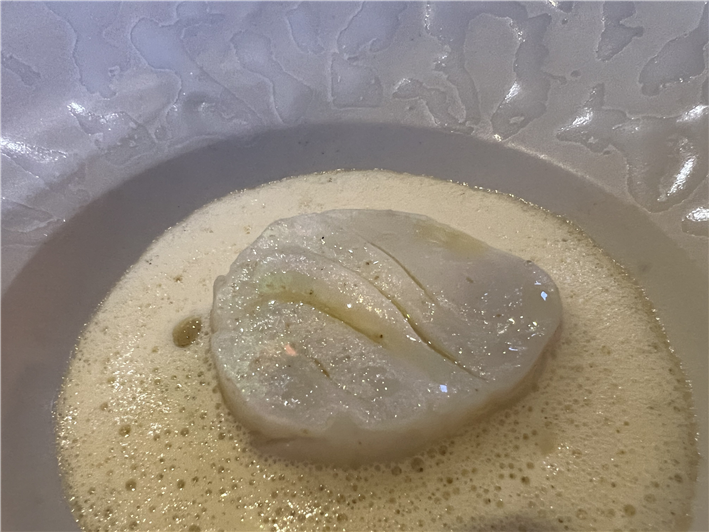

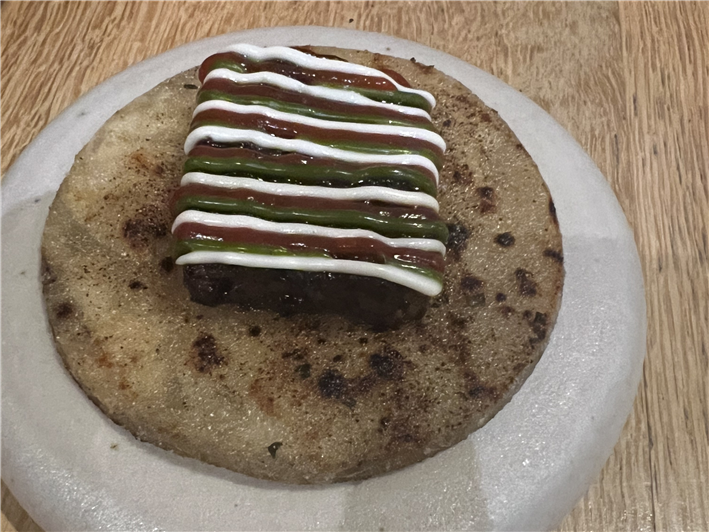
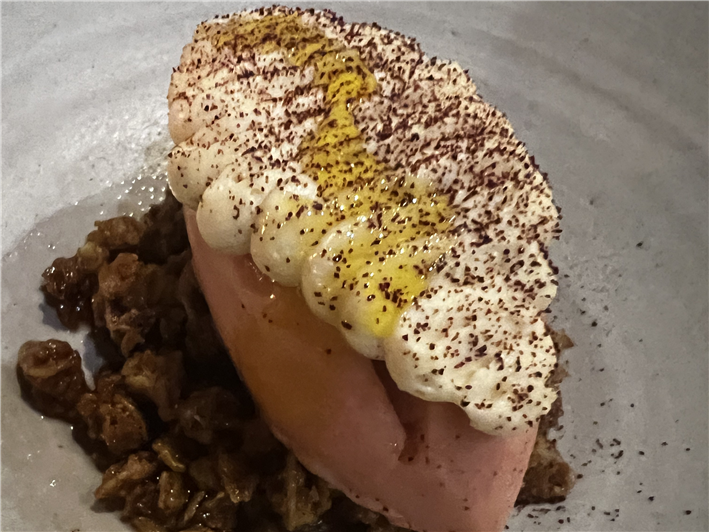
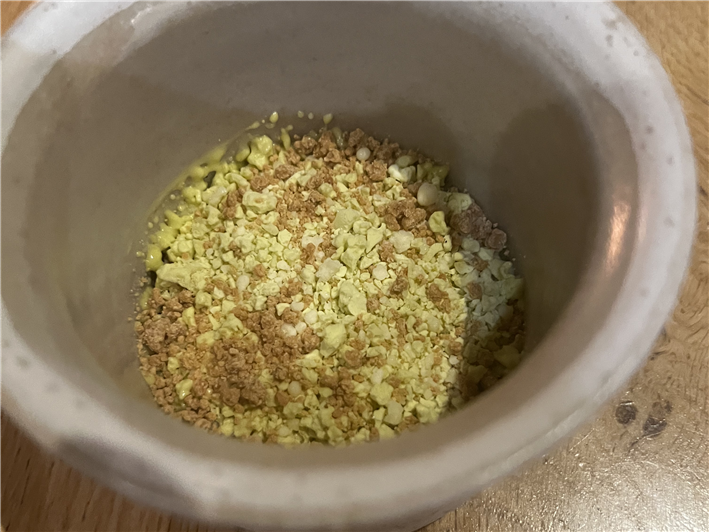
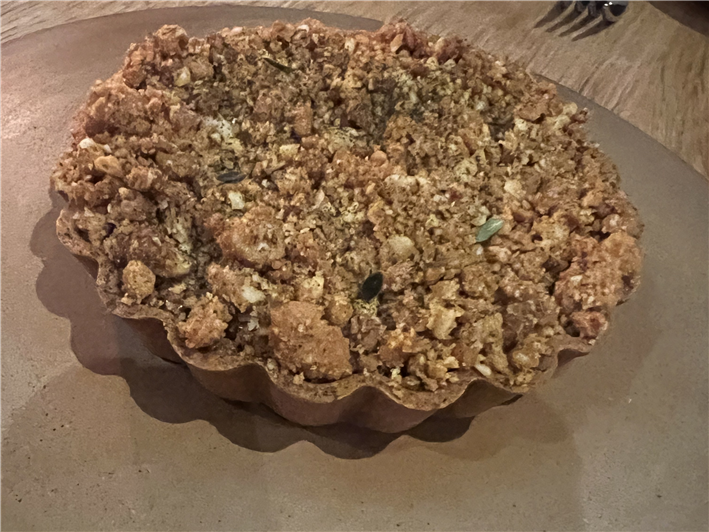

Add a comment
Thank you for submitting your comment, this will be checked and added to the website very soon.
User comments